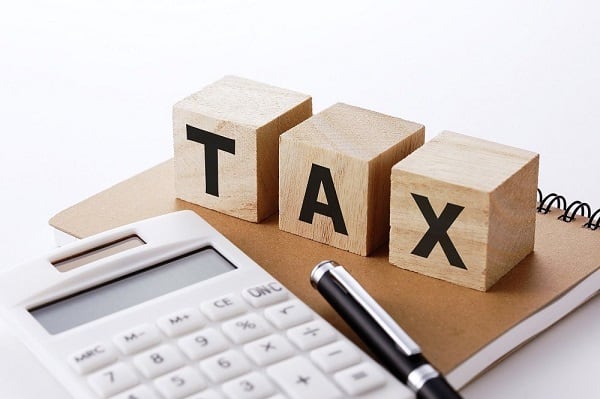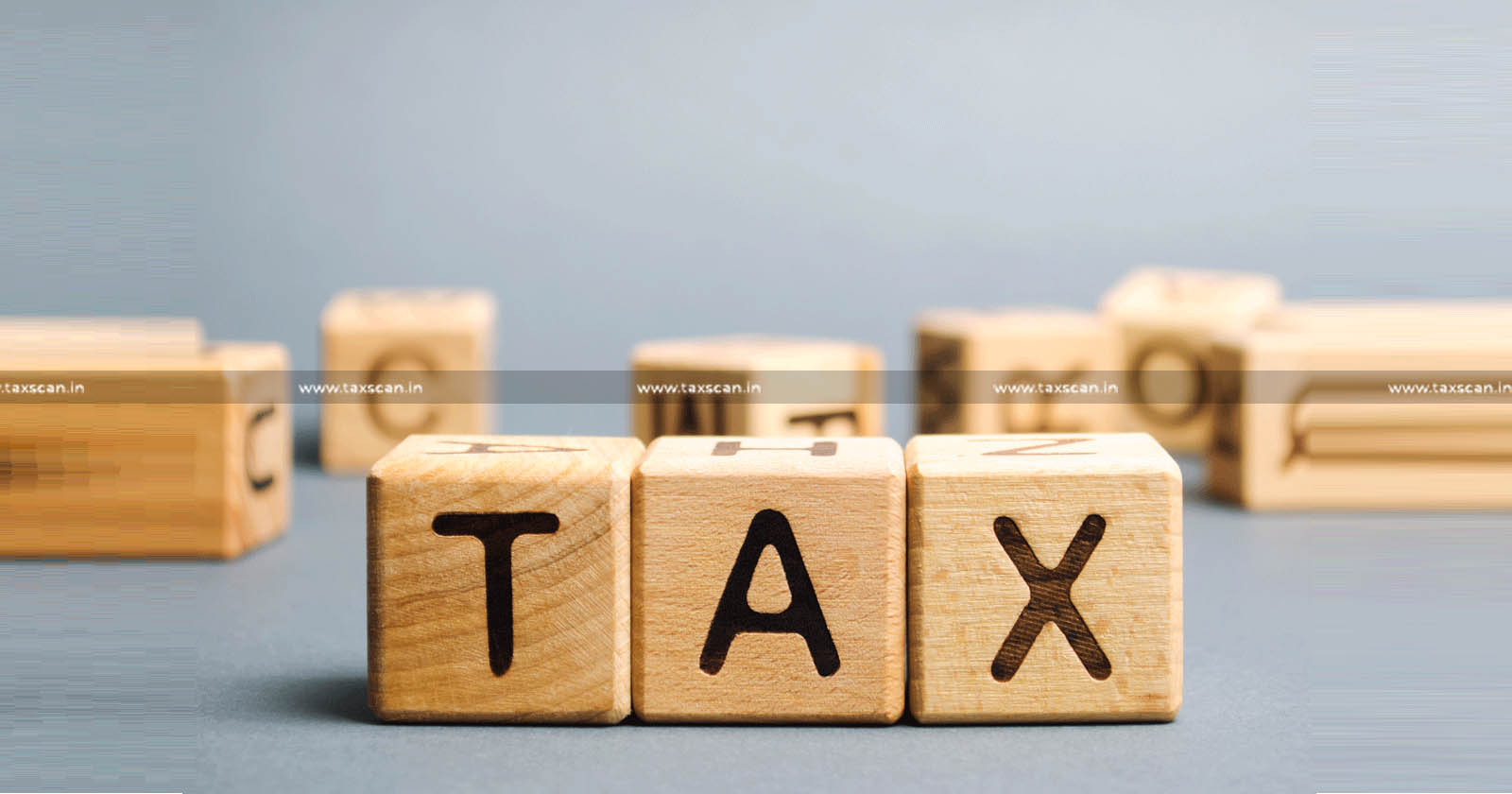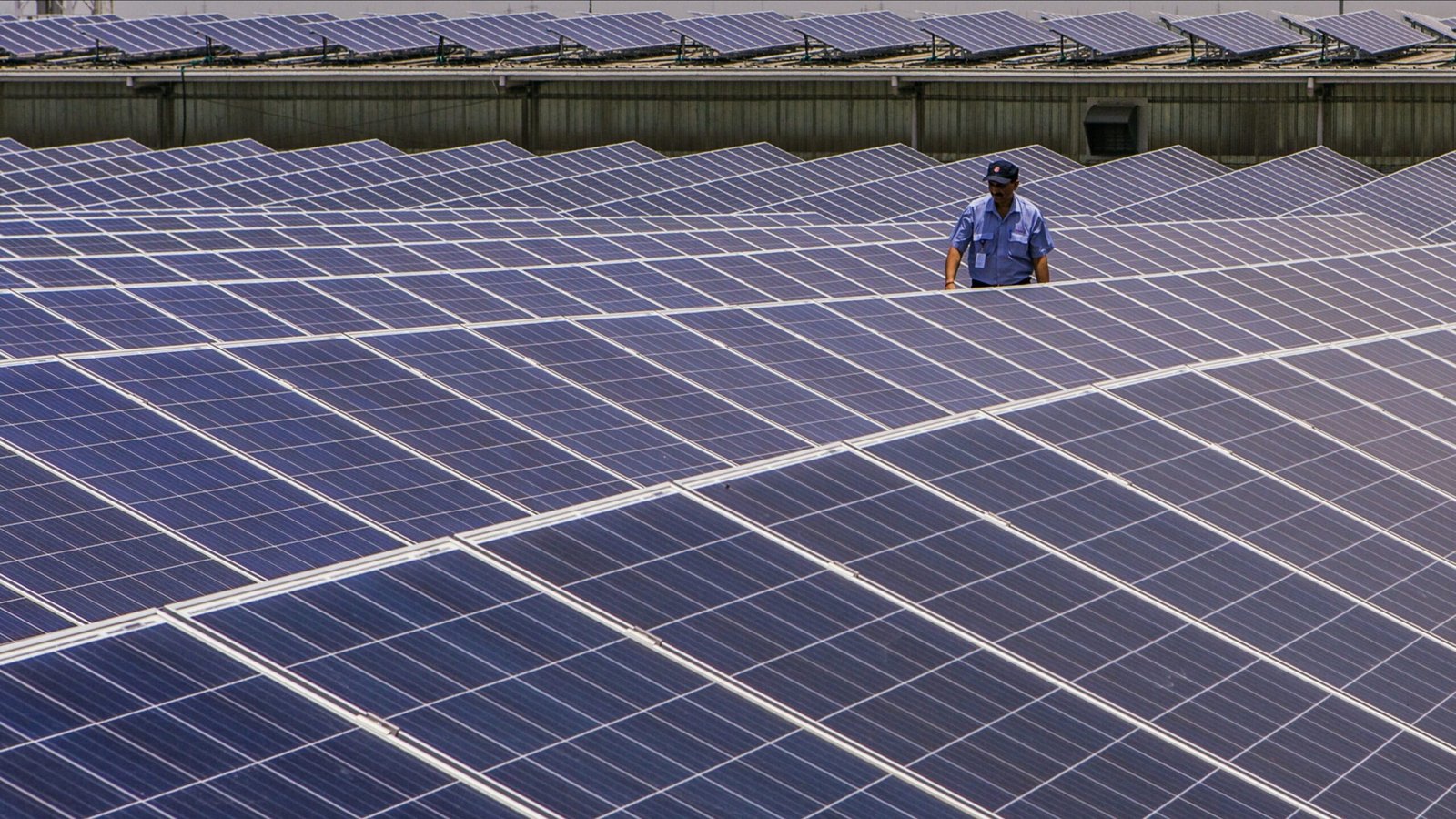New tax under Vision 2040 to impact only top 1% of earners; majority of citizens remain unaffected
In a landmark fiscal reform, Oman has announced its first-ever personal income tax, aimed exclusively at high-income individuals. Starting January 1, 2028, the country will impose a 5% tax on those earning more than OMR 42,000 annually, under the framework of its Vision 2040 economic diversification strategy, reported timesofindia.indiatimes.com.
The announcement was formalised through Royal Decree No. 56/2025, issued by Sultan Haitham bin Tarik. Karima Mubarak Al Saadi, Director of the Personal Income Tax Project, confirmed that the necessary infrastructure, legal frameworks, and training are already in place, with phased awareness campaigns planned for both individuals and businesses before the law’s rollout.
Only 1% of Oman’s population to be impacted by the new 5% income tax, as country strengthens non-oil revenue base.
The law, comprising 76 articles across 16 chapters, outlines the categories of taxable income and introduces exemptions for essential expenses such as education, healthcare, housing, zakat, and donations. These provisions ensure that low- and middle-income groups remain protected from additional tax burdens.
The tax authority clarified that the exemption threshold has been set intentionally high to shield approximately 99% of Oman’s residents. The primary goal of the policy is to increase non-oil revenue’s share in GDP to 18% by 2040.
To support this transformation, Oman is developing an integrated digital tax system that will link government databases to ensure accurate reporting and enhance compliance. Executive regulations will be issued within a year of the law’s publication in the Official Gazette.
In 2024, Oman collected OMR 1.4 billion through corporate, VAT, and selective taxes. The introduction of personal income tax is expected to further bolster public finances, support welfare programs, and improve the country’s credit ratings.
This move aligns with a broader trend across the Gulf region, where nations are striving to reduce dependency on oil by embracing sustainable and diversified economic models.








